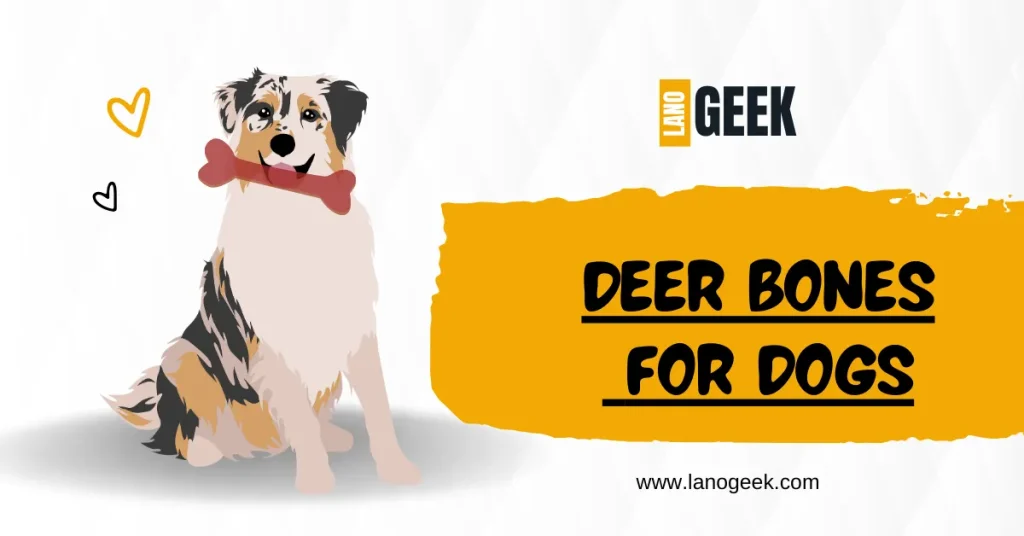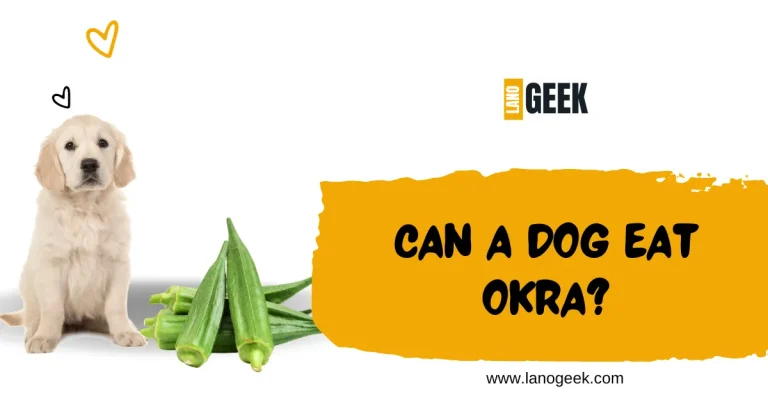As responsible pet owners, it always strive to ensure the well-being of our beloved companions. That’s why it’s crucial to understand the potential risks and benefits associated with feeding bones to dogs. When it comes to safety, one of the key factors to consider is whether the bones are cooked or raw. Cooked bones, while enticing, pose significant dangers due to their tendency to splinter into sharp shards, which can cause harm when ingested.
On the other hand, raw bones are generally safer, but proper size and supervision are paramount to prevent choking and gastrointestinal issues. Additionally, large “round” bones can present risks such as broken teeth or infections.
Recent read: knuckle Bones For Dogs (2024)
Benefits of Feeding
it’s essential to recognize the potential advantages they offer for your furry friend’s health and well-being.
Nutritional Value
Deer bones, especially when served raw, can be a valuable source of calcium and phosphorus in your dog’s diet. These essential nutrients play a vital role in maintaining strong bones and teeth, contributing to your pet’s overall health and vitality.
Dental Health
Chewing on deer bones can provide valuable mental stimulation for your dog while also helping to keep their teeth clean and healthy. The act of gnawing on bones can help reduce plaque and tartar build up, promoting better oral hygiene and preventing dental issues down the line.
Behaviour
Enrichment: Dogs have a natural instinct to chew, and providing them with deer bones can satisfy this innate behaviour in a safe and appropriate way. Chewing on bones can help alleviate boredom and anxiety, keeping your dog mentally stimulated and content.
Alternatives To Feeding Deer Bones
Chew Toys
Invest in high-quality chew toys made from durable materials like twisted rope fibers or dense rubber. These toys can provide your dog with a safe outlet for their chewing instincts without the risks associated with bones.
Hygiene Products
Regular dental care is essential for your dog’s oral health. Consider brushing your dog’s teeth daily using a canine-specific toothbrush and toothpaste. Additionally, dental treats and chews approved by the Veterinary Oral Health Council (VOHC) can help maintain dental hygiene between brushings.
Available Diets
Opt for commercially available dog food made by reputable companies that provide complete and balanced nutrition for your pet. These diets are formulated to meet your dog’s nutritional needs without the need for supplemental bones.
Conclusion
As we conclude our exploration of the safety considerations surrounding feeding deer bones to dogs. Whether you choose to feed your dog bones or explore alternative options, it’s crucial to take precautions to ensure your pet’s safety and well-being. Always monitor your dog when they’re chewing on bones, consult with a veterinary nutritionist for guidance, and source raw bones from reputable sources while following strict food hygiene practices.






